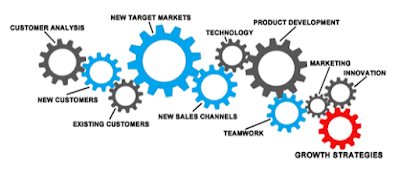Since the late 1980s, “consultant” might be considered a dirty word in the business world. But in actuality, there are plenty of solid reasons to hire a consultant for your next project. With today’s uncertain market conditions, any organization should seek to improve efficiencies and explore new opportunities. For a commercial concern, that means looking for a competitive edge, increasing revenues — and positioning the company to stand out.
A primary benefit consultants can provide is temporary expertise, on demand, as it were. Retaining a consultant on a per project basis limits the financial and operational risks. Of course, if you as the client find value in a consultant’s outputs, you can continue to use their services on a repeat basis. If a project is not brining value to your organization, you need to reconsider.
But how do you measure this value? Tangible value is usually easy to measure: it often is realized as cost reduction, or an increase in income. Intrinsic value, however, is more complicated. How do you appreciate the impact of a culture and diversity project, or process improvement, or system optimization? Using social sciences methods, many have succeeded in measuring intangibles such as client satisfaction or employee performance. When the benefits of a project correspond to the desired outcome, we can easily say the effort is successful.
For strategic change, consider why a consultant should be considered a valued member of your team, long-term. Long term success requires careful strategizing: with a plan, you may succeed. Without a plan, you won’t succeed.
Finding and selecting the best consultant suited to specific needs is half the battle in the successful completion of a project. Consider when it make sense to hire outside consultant:
When executives or other decision makers do not have enough expertise or experience in solving certain complex issues.
When many stakeholders are involved and the risk of failure is high, having an outside perspective and coordination can alleviate concern and mitigate risk.
When staff are not trained on solving specific problems, or don’t have available bandwidth to work on special projects outside their routine work.
Often, organizational knowledge is limited to specific products and service. Consultants bring value in that they often have solved large numbers of problems in different industries. An experienced consultant relieves an organization of many hassles. As a professional, consultants can get to root causes and find avenues of success in the most optimal time. Importantly, this can be at a much lower cost as compared to hiring a full time employee to do the same job.
Every organization can benefit from improving their performance. And at some point, we all encounter problems outside of existing expertise. An external advisor with specialized expertise can get an organize past a sticking point, find efficiencies in work processes, and open doors to new opportunities.



